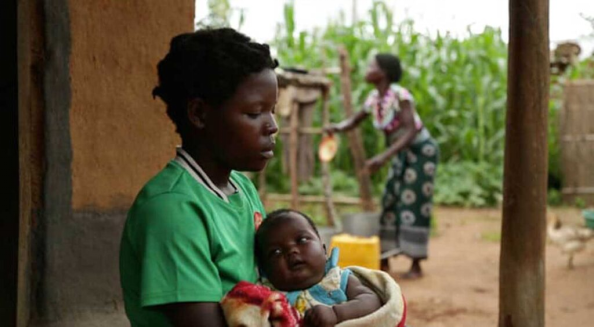
Sierra Leone Enacts Landmark Legislation to Ban Child Marriage, Protecting Future Generations
By Fiona Nanna, ForeMedia News
3 minutes read. Updated 5:00PM GMT Mon, June 24, 2024
In a historic move that has been widely celebrated by human rights activists, Sierra Leone’s parliament has passed groundbreaking legislation outlawing child marriage. This new law represents a significant stride forward in the battle to safeguard children’s rights in the West African nation.
The legislation, which criminalizes the marriage of girls under the age of 18, is a monumental step towards ending a pervasive issue that has long plagued Sierra Leone. Offenders found guilty of marrying minors will now face stringent penalties, including jail terms of up to 15 years.
According to UNICEF, one-third of all girls in Sierra Leone are married before they turn 18, a stark reality that underscores the urgent need for such legislation. The UN body estimates that the country is home to 800,000 child brides, with an alarming 400,000 of these girls having been married before reaching the age of 15.
Root Causes
Child marriage in Sierra Leone is often driven by poverty and socio-economic pressures. Many families, struggling to make ends meet, resort to marrying off their daughters in hopes of improving their financial situations or paying off debts. This practice not only deprives young girls of their childhood but also truncates their education and diminishes their prospects for the future.
A Victory for Human Rights
Human rights organizations and activists have hailed the new law as a crucial victory for children’s rights. “This legislation is a beacon of hope for countless young girls who have been trapped in the cycle of poverty and exploitation through child marriage,” said a spokesperson for a prominent human rights organization. “It sends a powerful message that Sierra Leone is committed to protecting its children and ensuring their right to a childhood and an education.”
Global Significance
The move by Sierra Leone is part of a broader global effort to end child marriage, a practice that affects millions of girls worldwide. By taking a firm stand against child marriage, Sierra Leone joins other nations in the fight to uphold and protect the rights of young girls, offering a model for other countries grappling with similar issues.
The implementation of this law is expected to have far-reaching implications for the future of Sierra Leone. By keeping girls in school longer and preventing early marriages, the country aims to foster a more educated and empowered female population. This, in turn, is anticipated to contribute to the nation’s socio-economic development and overall well-being.
Sierra Leone’s decision to outlaw child marriage marks a significant milestone in the country’s commitment to advancing children’s rights and improving their futures. As the nation moves forward with the enforcement of this law, it sets a powerful precedent for other countries and reinforces the global campaign to end child marriage once and for all.
For more information on this landmark legislation and its implications, visit UNICEF’s page on child marriage and Human Rights Watch.

